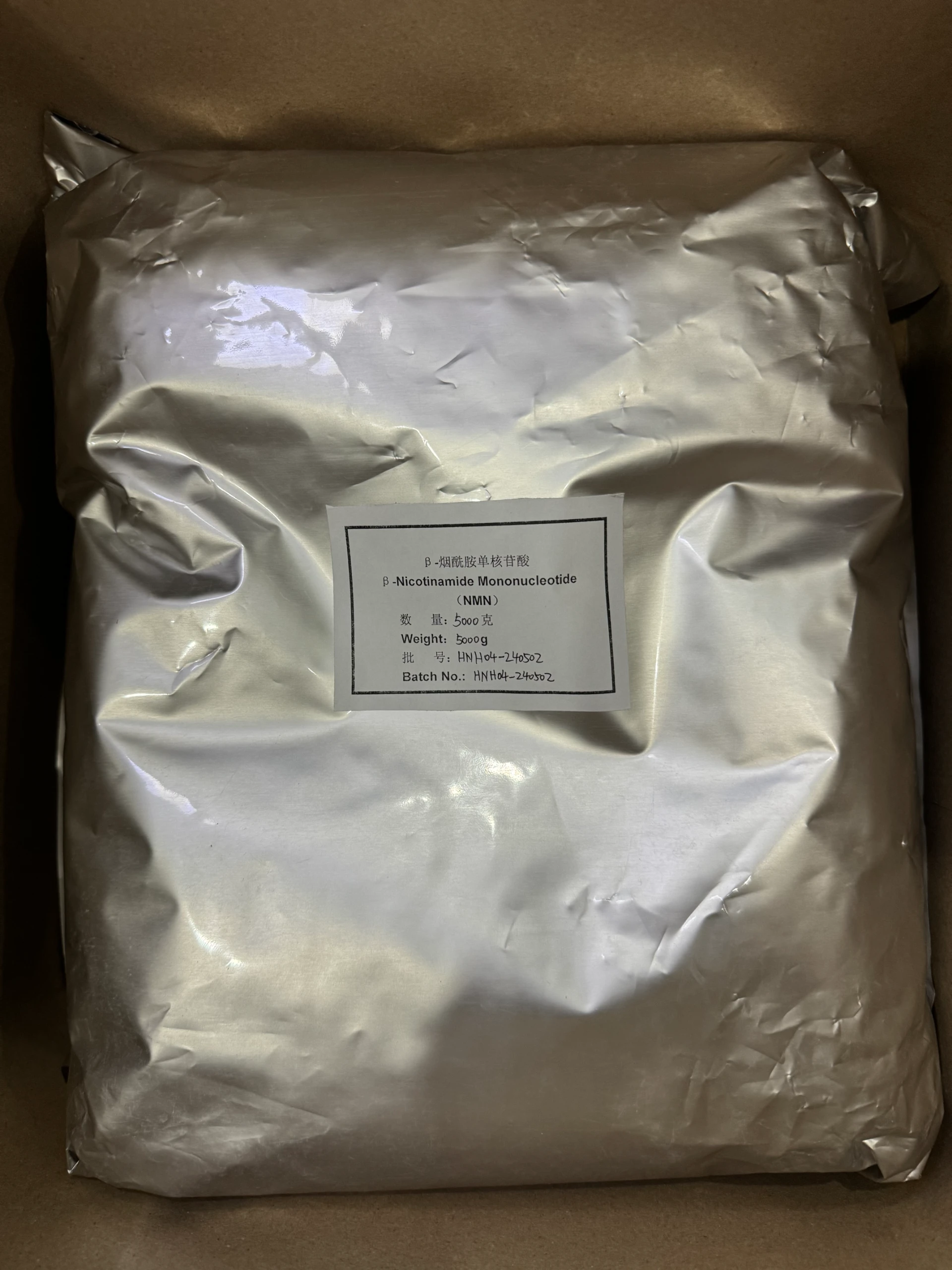boiler water treatment chemicals
Boiler water treatment chemicals play a crucial role in maintaining the efficiency and longevity of boiler systems. Understanding the intricacies of these chemicals is essential for anyone involved in industrial maintenance or chemical engineering. This article delves into the various types of boiler water treatment chemicals, their specific functions, and why proper chemical balance is vital for operational success.
The primary purpose of boiler water treatment chemicals is to prevent problems such as scale, corrosion, and fouling, which can lead to equipment damage and inefficiency. Among the most commonly used chemicals in this process are oxygen scavengers, scale inhibitors, and pH adjusters. Oxygen scavengers, such as hydrazine or sulfite, are imperative for removing dissolved oxygen in feedwater, which can cause severe corrosion inside the boiler. Expertise in understanding the appropriate type and dosage for specific systems is crucial, as an incorrect application can exacerbate corrosion instead of preventing it.
Scale inhibitors, like phosphates and polymers, are employed to keep mineral deposits from forming on heat transfer surfaces. Expertise in boiler operations would recognize that scale not only reduces thermal efficiency but also causes overheating and potentially catastrophic failures. Maintaining proper chemical dosages helps in forming a protective film on metal surfaces, mitigating the risk of scale buildup.
pH adjusters, including acids and alkalis, are essential for maintaining the water at a balanced pH level. Water that is too acidic or too alkaline can cause corrosive damage to the boilers. Professionals in the field understand that the wrong pH level impacts the solubility of other chemicals, affecting the overall treatment effectiveness. An ideal pH range also ensures that other treatment chemicals work effectively and efficiently.
Specialty chemicals like sludge conditioners and antifoams also have their place in water treatment. Sludge conditioners assist in keeping suspended solids from depositing as sludge on boiler surfaces. Meanwhile, antifoams control the formation of froth and foam, which can cause operational issues, including reduced heat exchange efficiency and flow blockages.boiler water treatment chemicals
Beyond the specific chemical types, understanding their synergistic interactions is significant. Professional expertise is necessary to tailor the chemical mix to the specific mineral composition of the feedwater and the unique operating conditions of the boiler. Real experience in the field has shown that a one-size-fits-all approach often leads to reduced efficiency or increased maintenance costs.
To build trustworthiness and authority in boiler water treatment solutions, it is essential for chemical suppliers and treatment engineers to base their strategies on comprehensive water analysis and historical operational data. Advanced data collection and analysis technology allow experts to predict potential issues and adjust treatment programs proactively.
Water treatment efficiencies are also impacted by factors like the pressure of the boiler system, temperature, and duty cycles. Those with authoritative knowledge in this area will understand that high-pressure boilers, for instance, need more stringent quality control and chemical treatment compared to low-pressure boilers.
A reputation for reliability in boiler water treatment chemicals comes from not only addressing these technical requirements but also from offering flexibility and adaptability. As industries continue to evolve with pressures for eco-friendly and cost-effective operations, chemical formulations are also adapting to meet new environmental regulations and economic constraints. This demands a high level of expertise in developing formulations that are not only effective but also environmentally conscious.
In conclusion, the role of boiler water treatment chemicals is multifaceted, crucial for maintaining boiler efficiency and lifespan. The authority of a knowledgeable supplier or engineer lies in their ability to integrate specific chemical treatments with precise operational practices, backed by real-world data and experience. By trusting in proven expertise and staying informed about advances in chemical formulations, industrial operators can ensure sustainable and cost-effective boiler performance.
More product recommendations



